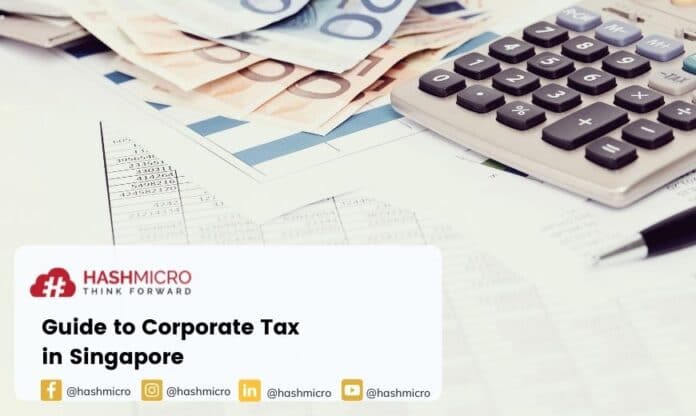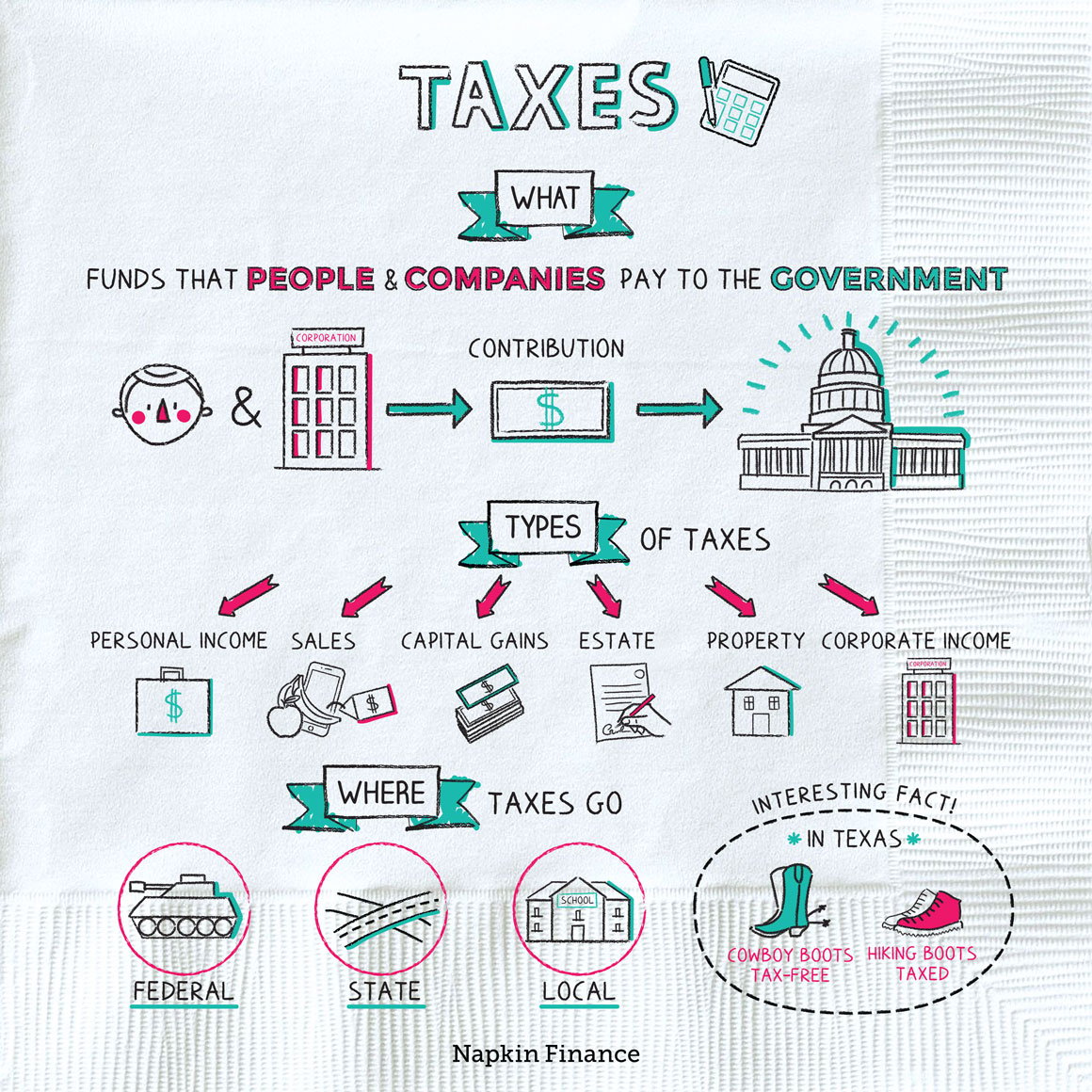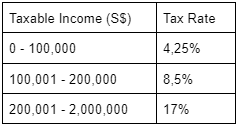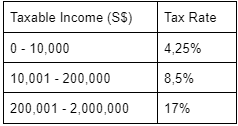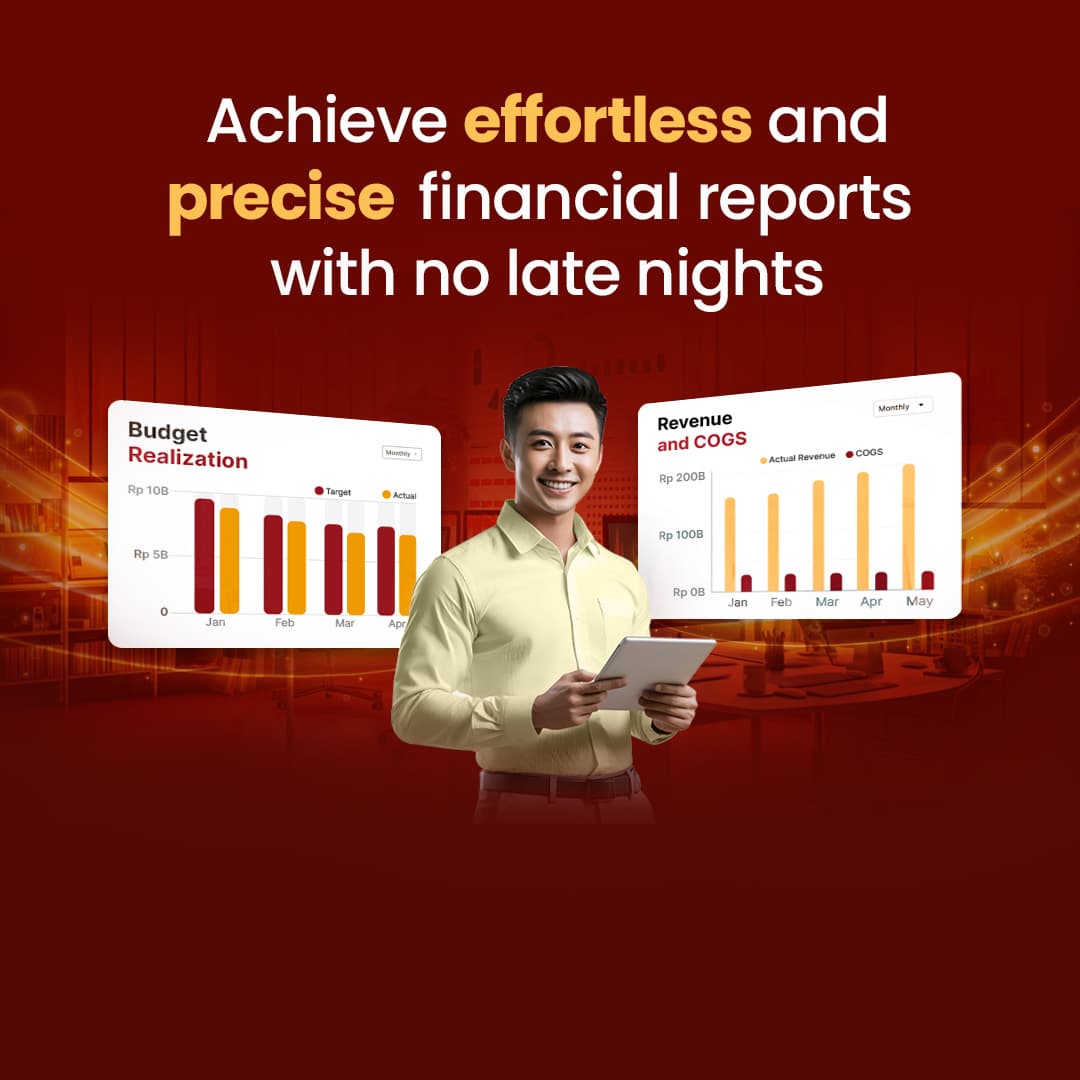People usually highlighting Singapore as a leading example of a country that continues to lower corporate income tax rates. It also creates various tax incentives in order to attract and retain international investment. Singapore has a regionally based single-tier flat-rate corporate income tax structure. It surely has to be robust by a good ERP Software for financial service. Singapore’s effective tax rates, which are some of the lowest in the world, and the city-general state’s “business friendliness” are two significant factors supporting economic growth and foreign investment into the city-state. In order for that to happen, it might need a good cash flow prediction and asset depreciation calculating systems to predict what is gonna happen using the most advanced Finance software ever to create such things.
This guide gives a comprehensive explanation of corporate tax in Singapore about its income tax rates, tax system, until tax benefits. Our pricing scheme calculations can help you determine your projected Singapore taxes using the best ERP software and compare them based on your business requirements.

Table of Content
- What is a corporate tax in Singapore?
- What are the documents required for filing corporate tax in Singapore?
- income tax system
- Corporate Income Tax Rates
- General Tax Incentives
- Effective Corporate Tax Rate
- Income tax filing due date
- Income tax basis period
- Withholding tax
- Industry-specific and special purpose tax incentives
- Conclusion
What is a corporate tax in Singapore?
People are frequently praising Singapore for its order to help entrepreneurs in launching successful businesses. A non-resident individual who works in Singapore for less than 60 days is free from paying taxes in Singapore. In order for that to happen, your company needs robust ERP Software for Financial Services. Individuals who have been in Singapore for less than 60 days will be subject to a 15% tax rate. We can also integrate it with our integrated financial software that can be used by as many users as possible within the same entity at no additional cost.
According to the income tax statute, all companies must pay revenue generated on corporate tax in Singapore, regardless of their tax resident status. Apart from that, any income generated off-shore sent to Singapore is also subject to this act. With financial software, you can optimize client requirements fulfillment in a real-time platform.
Corporations and individuals are primarily taxed on income earned in Singapore. Unless the taxes in a country are subjecting the income with headline tax rates of at least 15%, foreign income. Then, it will get the tax when considered transferred into Singapore. Although the concept of the source of income location appears straightforward, its implementation can appear as complicated and controversial.
Source: napkinfinance.com
What are the documents required for filing corporate tax in Singapore?
To complete its corporate tax obligations, a corporation must file two documents with the Singapore Inland Revenue Authority (IRAS). Here are several documents that you must fill out to filling the corporate tax in Singapore:
Chargeable Income Estimate
People are usually calling it The ECI paper. This document outlines the chargeable income of a business. The filing of this document is a legal requirement for all businesses. Companies must e-submit this document three months prior to their fiscal year-end. However, if a company’s annual revenue is less than or equal to $5 million and it has no YA chargeable income, it does not need to file an ECI. From YA 2020 onwards, all companies must file their corporation tax filings electronically, according to the most recent guidance. It is gradually phasing out the physical document filing. Companies can use the myTax Portal to file their documentation.
Form C and Form C-S
The Form C document must be used to file a company’s returns. You must submit additional documents, such as tax computations and financial statements. If a company’s annual revenue is less than or equal to S$5 million, it can use the simplified Form C-S document to file its taxes. This only applies if the following conditions are:
– The company was founded in Singapore.
– The income is taxed at a fixed rate of 17 percent for corporations.
– The business does not take advantage of any preferential tax breaks.
The single-tier income tax system
Budget 2002 created a single-tier corporation tax system, which means there is no double taxation for stakeholders. The tax a corporation pays on its chargeable income is the final tax, and all profits distributed by a firm to its shareholders are tax-free. That is how corporate tax in Singapore works. Gains on the sale of fixed assets, gains on foreign exchange on capital transactions, and other capital gains are examples of capital gains. Dividends in Singapore are tax-free. The one-tier corporate taxation system simplifies tax legislation and lowers compliance and administration costs for businesses. It relaxes capital gains restrictions on dividend distribution, potentially resulting in increased dividend payouts for all owners. Furthermore, the one-tier corporate taxation system has the desirable effect of permitting unrestricted non-taxable profit flow-through to all tiers of shareholders, regardless of shareholding level.
Corporate Income Tax Rates
The rate of corporation tax in Singapore is a flat 17 percent. Singapore’s income tax rates have been steadily decreasing in order to make it a more appealing investment location, as seen below.
In Singapore, the headline income tax rate does not always reflect the real corporate tax rate. Due to applicable tax exemptions and tax incentives, as well as capital cost regulations, the effective rate is usually lower than the headline tax rate.
General Tax Incentives
General tax exemptions/incentives are now available to Singapore tax resident corporations. The effective income tax rate is dramatically reduced for small-to-midsize Singapore enterprises after taxable income is applied to certain tax credits.
Tax exemptions for newly incorporated firms in the first three consecutive YAs are as follows from YA2020 onwards:
- On the first $100,000 of regular chargeable income, there is a 75% exemption. If a newly incorporated company meets the following criteria, it will excuse them from the corporate income tax rate of 75% for the first S$100,000 in taxable income for each of the first three tax filing years:
– Singapore is where it all started.
– A Singapore tax resident
– Has no more than 20 shareholders, at least one of them is an individual shareholder who owns at least 10% of the company’s stock.
Additional tax exemption of 50% on taxable income up to S$100,000. A further partial tax exemption is available to newly registered companies, which essentially amounts to an 8.5 percent tax rate on taxable income of up to S$100,000 per year. The taxable income over S$100,000 will apply to the standard headline company tax rate of 17%.
Effective Corporate Tax Rate
Small-to-midsize businesses will benefit greatly from the following general tax incentives. For example, a typical Singapore resident corporation with a taxable income of S$2,000,000 will be taxed as follows:
Income tax returns for newly formed businesses for the first three years:
The comparison after the first three years:
Income tax filing due date
Each deadline for Singapore corporations to file their corporate tax returns is 30 November, for hard copy forms. The other one for electronic forms is on 15 December.
The business must file a full set of returns, including Form C, audited and unaudited financial statements, and tax computation. Tax computation is a statement that shows the adjustments to the net profit/loss as per the accounts of a company. The tax is soon about to arrive at the amount of income that is chargeable to tax. Form C is a declaration form for a company to declare its income, whereas Form C is a statement showing the adjustments to the net profit/loss as per the accounts of a company to arrive at the amount of income that is chargeable to tax.
Income tax basis period
It calculates the income of corporate tax in Singapore based on the previous year’s results. This means that the base period for any Year of Assessment (YA) is usually the financial year ending (FYE) in the previous year. For example, in 2018, you will file a corporation tax return for the financial year of your company. Between January 1, 2017, and December 31, 2017, are usually concluding the date of the tax return. Each year, the fiscal year-end (FYE) are determining the results to create your company’s financial statements.
Withholding tax
Singapore has established a withholding tax law. It is to ensure that tax due to non-residents is collected on income in the country. Tax withholding does not apply to firms or people based in Singapore. When making a certain sort of payment to a non-resident firm or individual, the law requires that the IRS will get a payment from a percentage of it.
Industry-specific and special-purpose tax incentives
In addition to the general tax exemptions/incentives described above, the income of corporate tax in the Singapore Act provides industry-specific and special-purpose income tax incentives and subsidies tax rates. The authorized foreign tax credit (FTC) amount is lower than the actual due/paid amount or the amount computed using FTC regulations (‘specified amount’). There is an extra lower limit based on the appropriate tax treaty rate under the new tax legislation. Furthermore, any FTC for such income is not credible if the tax treaty specifies that the income’s taxation right is limited.
Conclusion
To sum up, Singapore is one of the world’s wealthiest countries, with significant international trading linkages. This country has also a per capita GDP equivalent to or exceeding that of several Western European countries. Our ERP system consists of various enterprise-class solutions that can be customized to meet the unique needs of the financial service industry.
Singapore’s free-market economy is successful. Exports, particularly in information technology and pharmaceuticals, as well as a thriving financial services sector, are critical to the economy. In the long run, the government wants to create a new path that focuses on innovation and value creation. Singapore has attracted major investments in medical technology production. It also will continue to establish itself as Southeast Asia’s financial and technology hub.
ERP System for the Financial Sector from HashMicro automates daily business operations in Singapore. You can start HashMicro’s Accounting Software demo for free and consult your company’s needs with our business experts using our software pricing scheme calculations.




